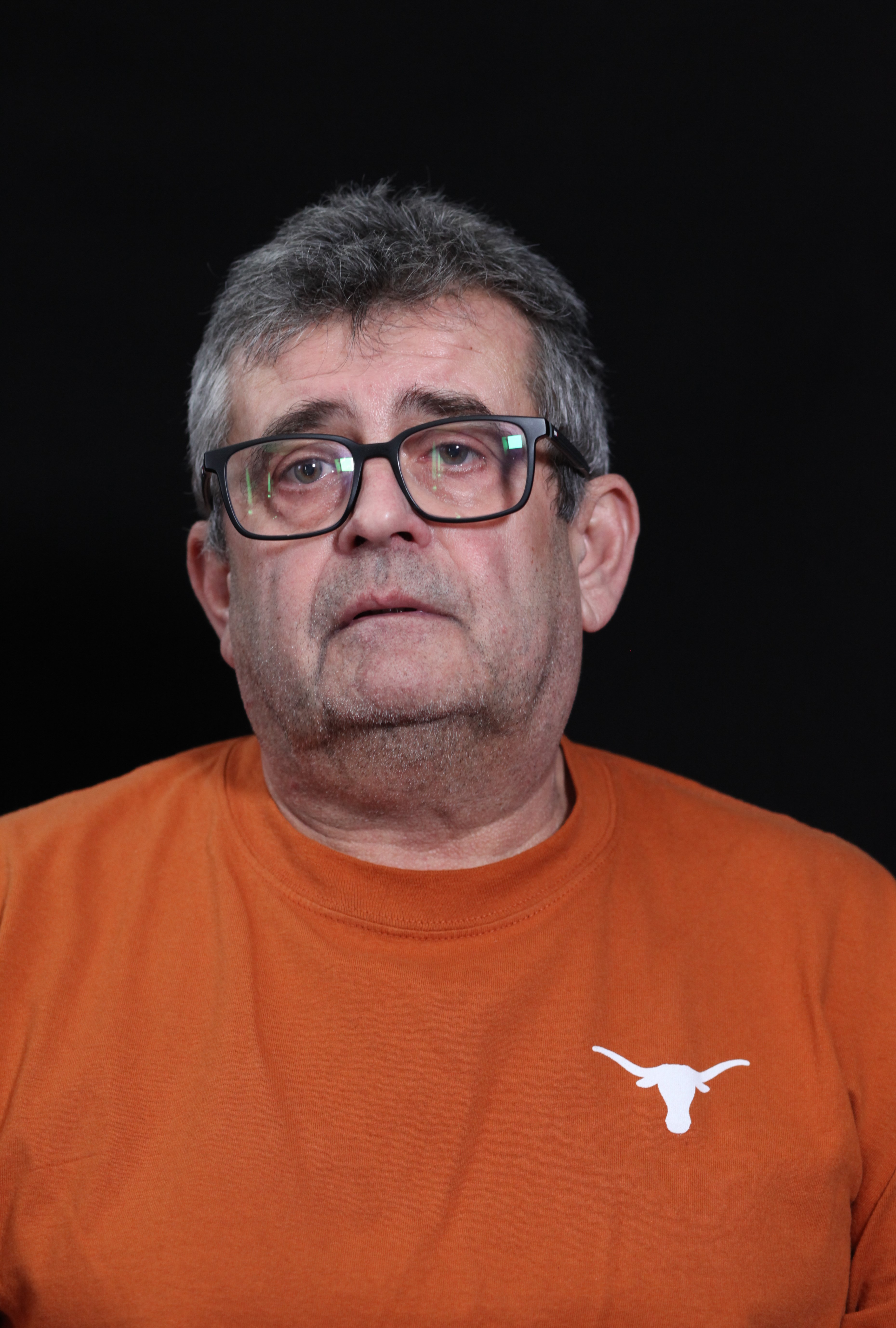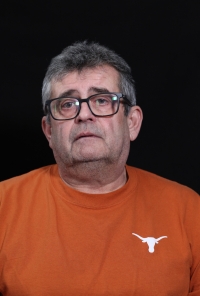They called us sailors. A submachine gun was to us what a mobile is today.

Download image
Oldřich Stergelis was born on 12 January 1957 in Kojetín. He grew up in Tovačov, his mother Vlasta worked as a nurse, his father Gerasimos as a salesman. His grandfather František Bíbr fought in the First World War, uncle Oldřich Bíbr was fully deployed during the Second World War. After primary school in Tovačov, Oldřich trained as a machine fitter in Přerov and then worked in the Přerov Machine Works - Assembly. From 1976 to 1978 he served in the Danube Border Guard, first in Medvědov and later, after graduating from the non-commissioned officer school, in Komárno. During his service he witnessed unsuccessful attempts to emigration, illegal smuggling of goods and pulling of drowned people out of the Danube. After leaving for civilian life, he returned to Přerov Machine Works - Assembly, where he worked until the Velvet Revolution. After 1989, he became self-emloyed. In 2022 Oldřich Stergelis lived in Chropyně.
